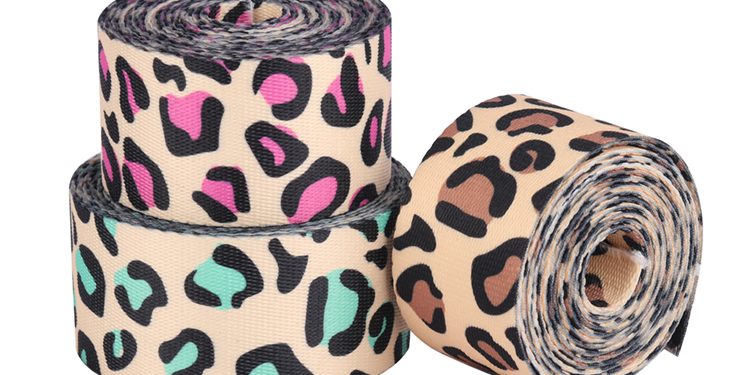Polyester webbing not only offers exceptional performance but also has environmental advantages. In this blog, we will explore how polyester webbing contributes to sustainability and why it’s an eco-friendly choice.
1. Recyclability: Polyester webbing can be recycled, reducing the need for new raw materials. Recycled polyester webbing retains its strength and durability, making it an eco-conscious choice.
2. Energy Efficiency: The production process of polyester webbing consumes less energy compared to some other materials, reducing its carbon footprint. This makes it a more energy-efficient option in manufacturing.
3. Durability and Longevity: Polyester webbing’s resistance to UV rays, moisture, and wear means it lasts longer than many other materials. This longevity reduces the frequency of replacement, which can lead to less waste over time.
4. Reduced Water Usage: Polyester webbing production typically requires less water compared to certain natural fibers like cotton. This lower water usage is beneficial for water conservation efforts.
5. Versatility: The versatility of polyester webbing means it can replace multiple materials in various applications, reducing the overall environmental impact associated with multiple material production and disposal.
By choosing polyester webbing with recycled content and using it for applications where its durability is most beneficial, individuals and industries can contribute to a more sustainable and eco-friendly future.


















